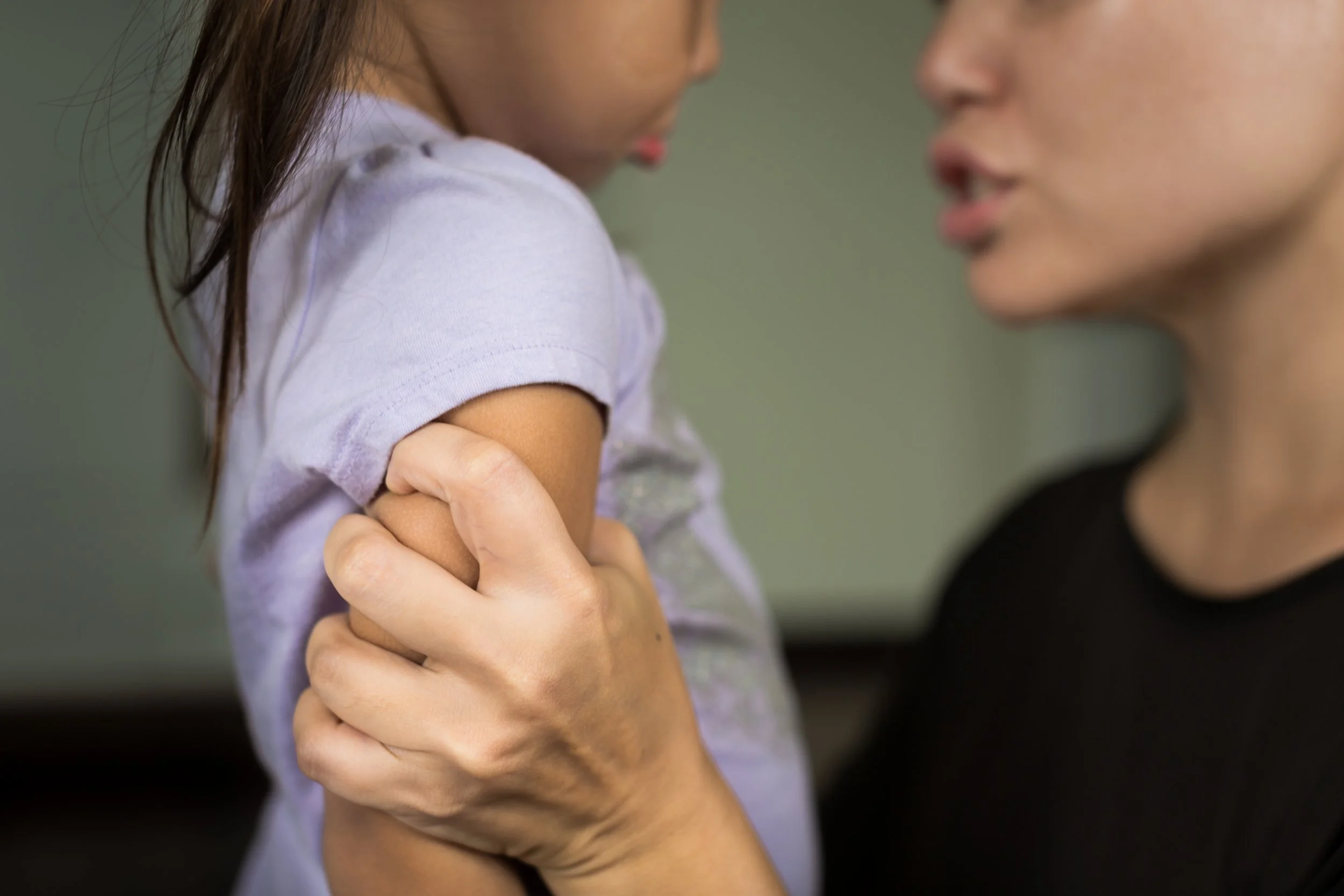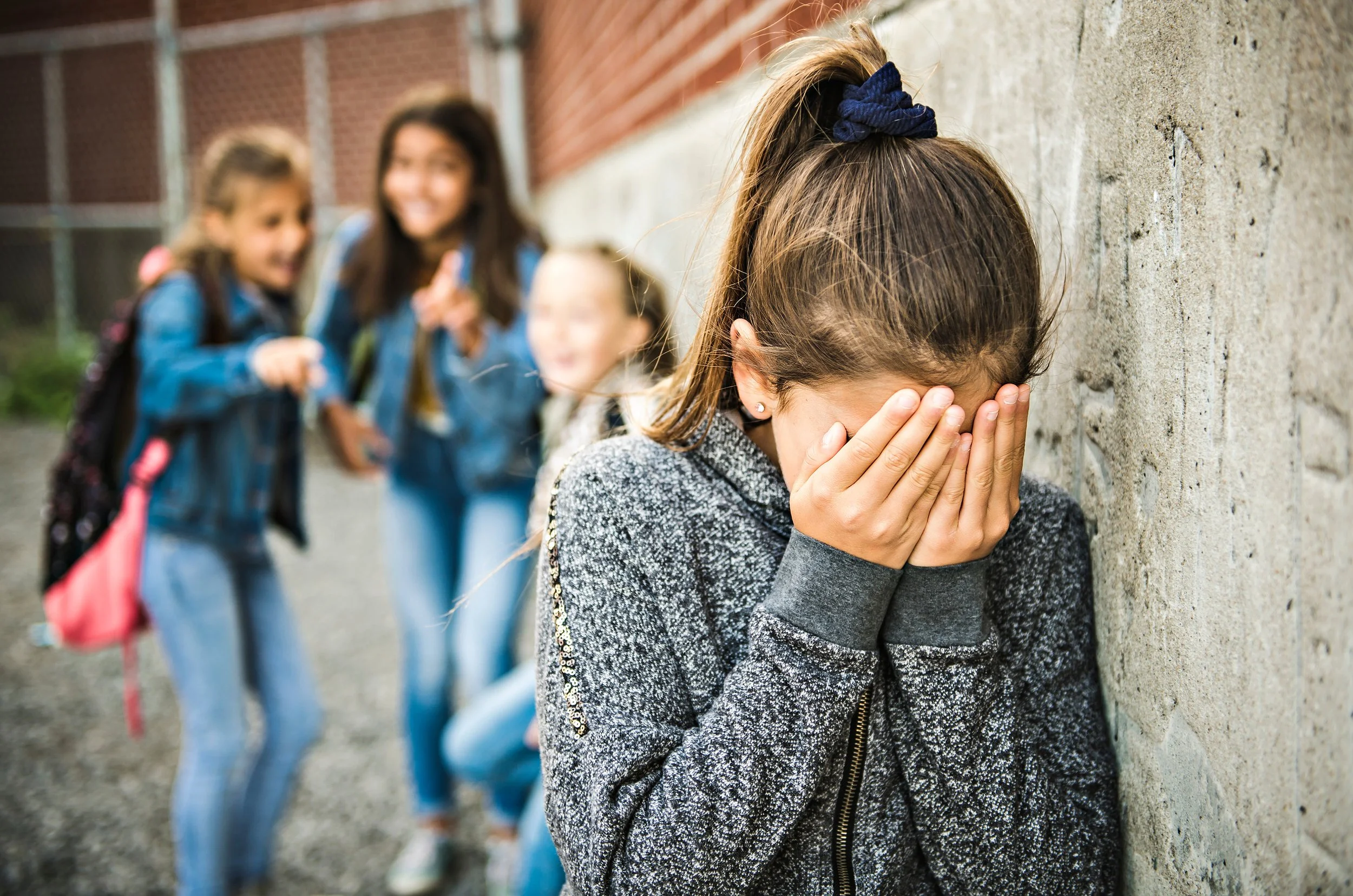studies & articles
The Blog
One of the many pleasures of being a professor was feeling the need to stay on top of the research in psychology. When I first learned about the half-life of knowledge, the literature typically said it was 3-5 years in technical fields. As a retired professor, I am still a member of the American Psychological Association and subscribe to a service that delivers abstracts and open-source articles from a large number of journals. As an alumna of Harvard, I also get information from them and I have the time to peruse multiple sources. This is a pleasure most professionals don’t have, especially if they value
work-life balance.
I still love research and, when I was asked to write the blog, I enthusiastically agreed. I try to select articles based on their relevance to practitioners, but also to capture both emerging themes and important corrections. I am hopeful that, moving forward, we will have ways to enable readers to easily engage in conversations with me and each other.
-Dr. Karen Nelson
Media use, brain changes, and PTSD
In January 2023, APA’s Six Things Psychologists Are Talking About addressed research on brain changes related to media use. Here’s part of the summary:
Differential responses to COVID
I am presenting three more studies related to the COVID-19 pandemic. First, Howell et al (2022) published “The Role of Uncertainty, Worry, and Control in well-being: Evidence from the COVID-19 outbreak and pandemic in U.S. and China” in Emotion. Here’s the abstract:
Sleep and depression – three studies
I have written about sleep before. Here, I present three studies all relating to effects of sleep problems on adolescents and each using a different methodology. In the first, Hoyniak, Whalen, Hennefield, Tillman, Barch & Luby (2022) published “Early Childhood Sleep Problems Predict Increased Risk for the Later Development of Suicidal Thoughts” in Journal of Psychopathology and Clinical Science. They begin by noting that, “Suicidal thoughts and behaviors in youth are an escalating and immediate public health concern.” Here’s more from the abstract:
New treatments for borderline personality disorder
I have written twice before about research pertaining to Borderline Personality Disorder (BPD).. Here, I want to summarize two recent studies on treatment. First, Keefe et al. (2022) published “Reflective Functioning and Its Potential to Moderate the Efficacy of Manualized Psychodynamic Therapies Versus Other Treatments for Borderline Personality Disorder” in Journal of Consulting and Clinical Psychology.
Childhood maltreatment and somatic symptoms
Adamowicz, Sirotiak & Thomas (2022) published “Childhood Maltreatment and Somatic Symptoms: Examining the role of specific types of childhood maltreatment and alexithymia” in Psychological Trauma: Theory, Research, Practice, and Policy.
Are victims of bullying primarily social outcasts?
Kaufman, Laninga-Wijnen & Lodder (2022) published “Are Victims of Bullying Primarily Social Outcasts? Person-group dissimilarities in relational, socio-behavioral, and physical characteristics as predictors of victimization” in Child Development. I like this study because it reminds us of the value of an “it all depends” approach to understanding bullying.
Three studies of Borderline Personality Disorder (BPD)
Fleck, et al. (2022) published “Child Versus Adolescent Borderline Personality Disorder Traits: Frequency, psychosocial correlates, and observed mother–child interactions” in Personality Disorders: Theory, Research, and Treatment. This study is helpful in examining child behavior. Here’s the abstract:
Harsh Parenting Practices
Speyer, Hang, Hall & Murray (2022) published “The role of harsh parenting practices in early- to middle-childhood socioemotional development: An examination in the Millennium Cohort Study” in Child Development.
Two studies of psychopathy
I’ve written before about psychopathy. Here, I add more confusion to discussion of its clinical assessment. Larsen, Koch, Jalava & Griffiths (2022) published “Are Psychopathy Assessments Ethical? A view from forensic mental health” in Journal of Threat Assessment and Management. I am starting with this one because, increasingly, clinicians are being asked to complete threat assessments, especially of adolescents who have been charged or incarcerated. Yet, we know that most adolescents have not yet finished developing their personalities and identity. Here’s the abstract:
Consistency of gender identity and preferences across time
Hässler, Glazier & Olson (2022) published “Consistency of Gender Identity and Preferences Across Time: An exploration among cisgender and transgender children” in Developmental Psychology. There is considerable discussion about the stability of children who identify as transgender. This study speaks to that question. Here’s the abstract:
Helicopter parenting of children of lesbian parents
Carone, Gartrell, Rothblum, Koh & Bos (2022) published “Helicopter Parenting, Emotional Avoidant Coping, Mental Health, and Homophobic Stigmatization Among Emerging Adult Offspring of Lesbian Parents” in Journal of Family Psychology. I was interested in this study because helicopter parenting has been studied in younger children but I had not seen research on young adults with lesbian parents. Here’s the abstract:
Self- versus informant-report of cognitive decline in mild cognitive impairment
As more people reach their later years, we can expect more to want assessment related to cognitive decline. Milanovic et al. (2022) published “Self- Versus Informant-Report of Cognitive Decline in Mild Cognitive Impairment: Concordance with cognitive and functional performance” in Neuropsychology. I like the premise of this work in that asking clients or someone else about cognitive decline may yield different results.
Mental Health Impacts of the COVID-19 Pandemic
Several recent studies focus on adverse impacts of the pandemic on particular subpopulations. In the first, Mitchell, Banyard, Ybarra & Dunsiger (2022) published “Impact of the COVID-19 Pandemic for Youth with a History of Exposure to Self-directed Violence” in Psychological Trauma: Theory, Research, Practice, and Policy.
Drug use talk and social learning
Two recent studies utilize social learning theory to investigate drug use. Otten & Ha (2022) published “Drug Use Talk in Adolescent Friendship Interactions: Long-term effects of social learning on lifetime diagnosed substance use disorders” in Journal of Psychopathology and Clinical Science. Here’s their abstract:
Parents are wrong about teenage sleep and health
The Harvard Gazette published “Parents Are So Wrong About Teenage Sleep and Health” on September 28, 2022. They summarize results of a survey conducted by researchers at Brigham and Women’s Hospital.
Promoting healthy masculinities
Di Bianca & Mahalik (2022) published “A Relational-Cultural Framework for Promoting Healthy Masculinities” in American Psychologist. I have written before about traditional masculinity ideology and resistance to psychotherapy. This work supports and extends that study. Here’s the abstract:
Communal expectations conflict with autonomy motives
Proudfoot & Kay (2022) published “Communal Expectations Conflict with Autonomy Motives: The western drive for autonomy shapes women’s negative responses to positive gender stereotypes” in Journal of Personality and Social Psychology.
Interpersonal emotion regulation and borderline personality disorder
Howard & Cheavens (2022) published “Interpersonal Emotion Regulation in the Context of Social Networks: A focus on borderline personality disorder” in Personality Disorders: Theory, Research, and Treatment. Here’s the abstract:
Negative responses toward outgroups across cultures
Clobert, Sasaki, Hwang & Tsai (2022) published “Valuing High Arousal Negative States Increases Negative Responses Toward Outgroups Across Cultures” in Emotion.
The Adverse Life Events Inventory for Children
Meraj et al. (2022) published “Introducing the Adverse Life Events Inventory for Children (ALEIC): An examination of adverse experiences and related impacts in a large clinical sample of children and youth” in Traumatology. Here’s the abstract:




















